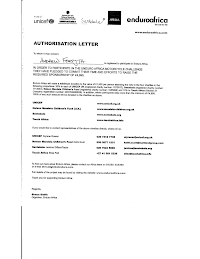
A recent UNAIDS and World Bank report claims that the National HIV prevention strategies in 5 African countries are not reaching those most at risk of infection with the virus that causes AIDS.
Epidemiological data collected in collaboration with health authorities in Kenya, Lesotho, Mozambique, Swaziland, and Uganda suggest a significant mismatch between the most common modes of transmission in each country and the prevention programs they implement.
In other words, many of these programs do not target the behaviors and contexts that account for most transmissions in these countries, including concurrent partnerships, commercial sex work, same sex partnerships, etc.
Commenting in a PlusNews article on the importance of maximizing the impact of HIV prevention programming, particularly in dismal economic settings, the World Bank’s Debrework Zewdie notes,
"These syntheses use the growing amounts of data and information available to better understand each country's epidemic and response and identify how prevention might be more effective"
The report is worth the read, even if it reiterates others' findings about the need to improve the targeting of national HIV prevention programming.




No comments:
Post a Comment